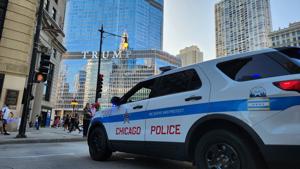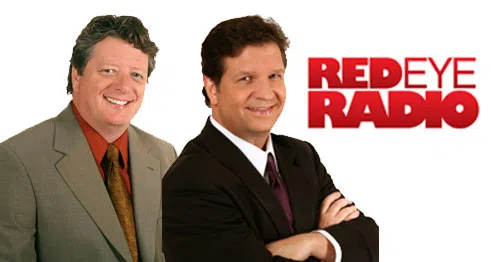(The Center Square) – Illinois State Rep. La Shawn Ford is again caling for change after new data shows more than 2.5 times as many red-light camera tickets were issued on Chicago’s South Side over a yearlong period than at intersections where cameras are installed on the city’s North Side.
Data analyzed by the Illinois Policy Institute of the 614,498 tickets that were issued across the city – accounting for $61.4 million in fines through September – show red-light cameras on the South Side issued an average of 9,132 tickets, or 5,521 more than each North Side camera.
“It’s clearly a money grab and it’s not fair,” Ford, D-Chicago, told The Center Square. “The question is are the people on the South Side of Chicago driving to that degree that they deserve to be disproportionately impacted by a system, or is the system flawed? I would urge the city to do some type of investigation.”
With Chicago being home to more red-light cameras than any other large city in the country, and a recent ProPublica study finding residents in the city’s inner-city neighborhoods are being hardest hit, Ford wonders how much longer many of those that are among the most vulnerable can survive the onslaught.
“The tickets are one problem, but the impact that these tickets have on families is devastating,” he said. “If I get multiple tickets and I’m placed on a boot list, then my car gets towed and I lose my car. Then I have these tickets and I have to file bankruptcy to eliminate the debt. Government should not be in the business of driving people into poverty. We know that this regressive tax hits people in poverty more and drives people deeper into poverty.”
Ford has previously called for a moratorium on the cameras, including after a recent Chicago Tribune report highlighted that the Illinois Department of Transportation determined that over half of the intersections where the cameras were placed were among the safest corners in the state prior to installation.
“There should be a deep dive investigation to explain because we know that when you compare the traffic stops by human beings, we learned that there was a reason behind it,” Ford said. “People were racially profiled. We have to ask ourselves how are the residents in the South Side of Chicago receiving three times the number of tickets. I think the public deserves transparency and explanation as to whether there are more chances for this population to be ticketed.”
Ford added he is now working with fellow advocates to draft a proposal that could lead to new legislation further regulating traffic cameras being introduced.







